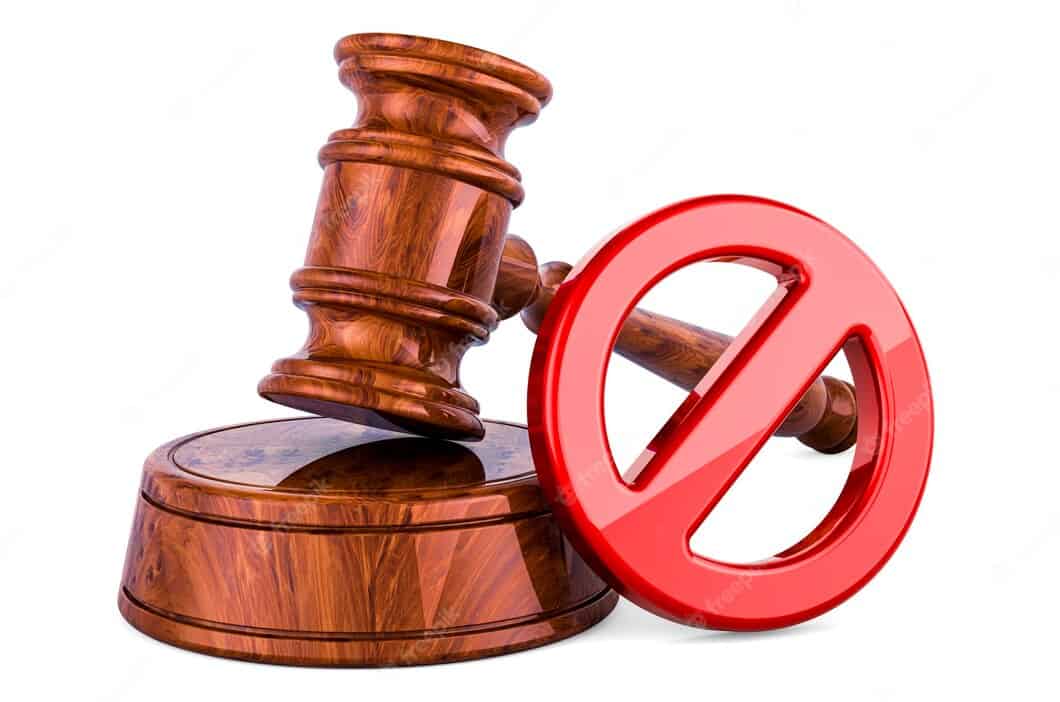Post prohibition of competition and transfer of the business to the life partner
A franchisee is a company. The franchisee and the private individual are both bound by a post-competition clause. Is this prohibition violated if the private person transfers the company to his life partner, who was also previously the manager? The District Court of Amsterdam, 13 July 2023, ECLI:NL:RBAMS:2022:8632, ruled not. After all, it depends on what exactly is prohibited.
The franchise agreement has been concluded with a company called Mukano. The franchise agreement includes a post-competition prohibition, which see top Mukano as well as the director and sole shareholder. This clause reads as follows:
“Franchisee and Private Franchisee shall not, directly or indirectly, sell goods and services at the Location, directly or indirectly, for one year after the termination of this Franchise Agreement, which may compete with the goods and services that are the subject of this Franchise Agreement”
Around the termination date of the franchise agreement, Mukano transferred virtually all of its assets (including personnel, inventory, equipment and supplies) to another company. The (former) manager of Mukano, and also the life partner of the sole shareholder and director of Mukano, is the sole shareholder and director.
Although the court agrees with the franchisor that the foregoing circumstances raise the necessary questions, these circumstances cannot lead to the judgment that Mukano has violated the non-compete clause. The decisive factor for this is that, according to its letter, the clause relates to the direct or indirect sale by Mukano of comparable goods and services in the branches. There is no evidence of this direct or indirect sale by Mukano. The fact that Mukano has sold its assets does not mean that it is or has been indirectly involved in the sale of competing goods and services by this third party. There is therefore no question of a violation of the postal prohibition of competition.
Incidentally, Mukano did have payment arrears with the franchisor. Mukano defended itself in particular with the argument that further agreements had been made that were partly aimed at increasing Mukano’s profitability and that this was disappointing in practice. According to the court, this in itself is not a reason to conclude that the franchisor failed to fulfill its (support) obligations. After all, as the franchisor rightly argued, the parties have not agreed on any profits to be made and the franchisor has (only) focused on more intensive support for a higher profitability of the franchise for Mukano. Mukano must therefore pay the arrears.
This judgment once again shows the importance of the description of a postal non-competition prohibition. The description of the expected (support) obligations of the franchisor is also important.
Ludwig & Van Dam lawyers, franchise legal advice.
Do you want to respond? Then email to dolphijn@ludwigvandam.nl

Other messages
Judge: Protect franchisee against supermarket organization (Coop) as lessor
Does the franchisee need legal protection from supermarket franchisor Coop? The District Court of Rotterdam ruled on 9 February 2018, ECLI:NL:RBROT:2018:1151, that this is the case.
Acquisition fraud vs. error in franchise forecasting
Who has to prove that the franchisor's forecast is unsound? In principle, this is the franchisee. If the franchisee invokes the Acquisition Fraud Act, it may be that
Obligation to sell back at the end of the franchise agreement
Franchise agreements sometimes provide that the franchisee is required to sell back purchased assets at the end of the franchise agreement.
Supermarket letter – 20
Uncertain legal position of Emté franchisees
Position of franchisees in franchisor restructuring
Franchisees must be adequately and generously informed in advance by the franchisor about the content and consequences of (further) agreements...
Interview Franchise+ – mrs. J. Sterk and AW Dolphijn – “Reversal of burden of proof in forecasts approved by court” – February 2018
The new Acquisition Fraud Act indeed appears to be relevant for the franchise industry, according to this article from Franchise+. Alex Dolphijn of Ludwig & Van Dam assists a franchisee in a




